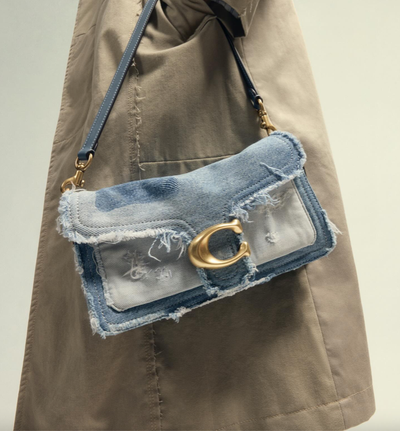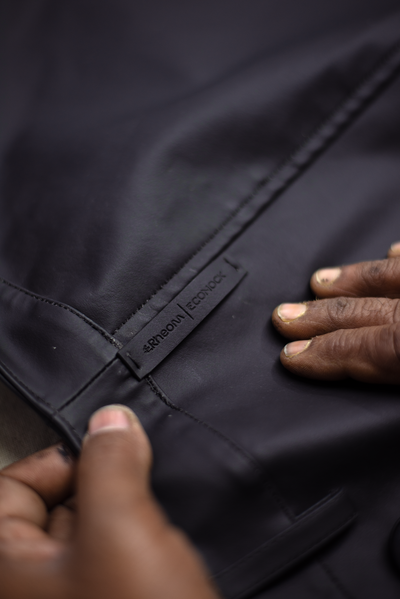U.S. textile recycling company Circ, will invest £392 million to build a groundbreaking recycling plant in Saint-Avold, northeastern France, marking a major advance in the fashion industry’s efforts to reduce waste and emissions. Backed by the French government and the European Union, the facility will be the first in the world to recover both cotton and polyester from polyblend textiles on an industrial scale.
Announced on Friday by the French government, the plant is expected to begin operations in 2028 and will create 200 jobs. With a processing capacity of 70,000 metric tons per year, the facility will serve as a key step toward the EU’s 2050 net-zero emissions target by enabling large-scale recycling of blended fabrics, a major hurdle in the industry’s sustainability journey.
The £392 million ($500 million) project will be financed through a mix of equity and debt. Circ is also seeking grants and guarantees, including France’s Strategic Projects Guarantee, to support the development, according to Chief Executive Peter Majeranowski.
“This will be the world’s first industrial scale polycotton recycling plant,” Majeranowski told Reuters. “Now, most of the clothing produced is a blend of polyester and cotton, and that makes it very difficult to recycle, so having this facility is a major landmark milestone.”
The United Nations has estimated that the fashion sector accounts for up to 10% of global greenhouse gas emissions and consumes more energy than aviation and shipping combined. It is also one of the world’s largest users and polluters of water.
Circ’s proprietary hydrothermal process separates polyester from cotton in blended textiles, allowing both fibres to be recovered and reused. As retailers face increasing regulatory pressure and consumer demand for sustainable practices, technologies like Circ’s are attracting strong interest.
Major fashion players including Inditex, the parent company of Zara, and outdoor apparel brand Patagonia have invested in Circ. Recycled materials produced by Circ are already being incorporated into commercial clothing lines, and the Saint-Avold plant is expected to serve as a model for future sites globally.
“We have a lot of interest from all over the world, from South Asia, East Asia, in the States of course, Canada, Australia,” Majeranowski said, highlighting the global demand for scalable recycling solutions in the fashion industry.
Engineering firms Worley, GEA, and Andritz are involved as partners in the project’s development.






